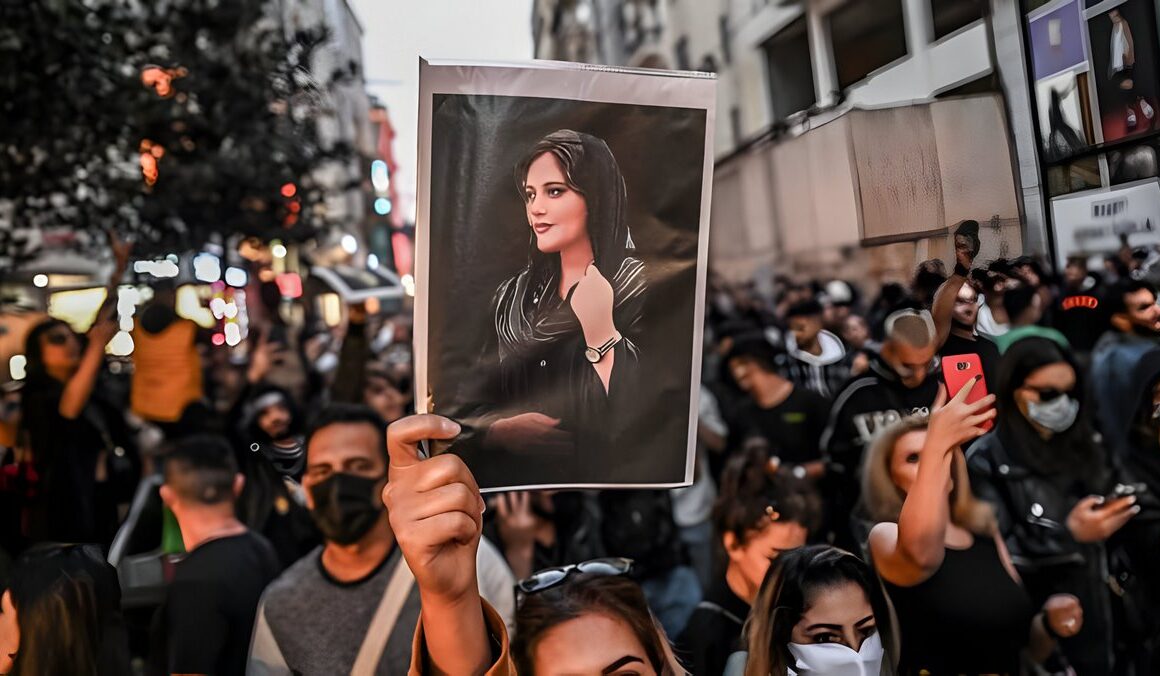Societies exhibit distinct reactions towards specific moral transgressions, commonly reacting strongly to certain egregious acts. Notable instances include the heinous and unacceptable killing of Mahsa Amini, as well as the self-immolation of Mohamed Bouazizi in Tunisia. Similarly, the demise of a political figure in custody or the incarceration of a national figure is widely deemed intolerable.
However, the perception of intolerability varies across societies in numerous cases. For example, in one society, any form of execution is considered intolerable, while in another, it is limited to political executions. Arrest and torture, too, are regarded as intolerable only in specific societal contexts and may trigger widespread protests.
A nuanced comprehension of a society’s intolerance towards moral transgressions is instrumental in effecting political change. This understanding elucidates the reasons why detaining a prominent national figure remains inconceivable (and intolerable) in the present Iranian situation, yet the regime could carry out such detentions months later or target a different figure presently (even if for a short duration).
This understanding encompasses the evolution of sensitivities towards arrests or deaths and the normalization or condemnation of these occurrences. It encompasses how they can be ameliorated or exacerbated. Potentially, in the future, we may make detentions of thousands, prolonged prison sentences, or societal impoverishment intolerable, or at the very least, mitigate the processes of impoverishment, elimination, and suppression.
The crux of the matter is to identify the characteristics and factors that heighten a society’s sensitivity towards specific transgressions and what renders these transgressions acceptable or intolerable, thus influencing their normalization. Shifts in discourse and pioneering movements have the capacity to redefine what is deemed intolerable.
The interplay of political and cultural forces within a society can mold public sensitivity, ultimately averting irreparable wrongdoings such as executions, torture, corruption, violent suppression, purges of political opponents, inflation, or severe impoverishment, all of which bear significant consequences for the society.
Intolerable matters are constructs upheld and defined by society, shaped by the collective will of its populace. Identifying what is intolerable instills order within society and enables the prevention of extreme transgressions. In essence, it outlines intolerable crimes, determining the rules and extent of the ensuing punishment.
Intolerable matters serve as a catalyst for political change and influence future legislation. Despite seeming trivial, established collective will and prevailing discourses determine the trajectory of the future. By refusing to tolerate any wrongdoing, one can anticipate shifts and movements.
While intolerable matters are inherently cultural, their impact extends to political realms and actions. Given their connection to collective will, political forces can strategize under what circumstances, through which actions, and with what focus they can prevent specific transgressions and pursue a planned objective.
Hence, heightening sensitivities in society, fostering widespread dissatisfaction, resolute pursuit of national figures, significant media reactions, and collaborative efforts of international organizations can categorize any incompetence and economic crisis, execution, detention of political opponents, or suppression as intolerable transgressions.







